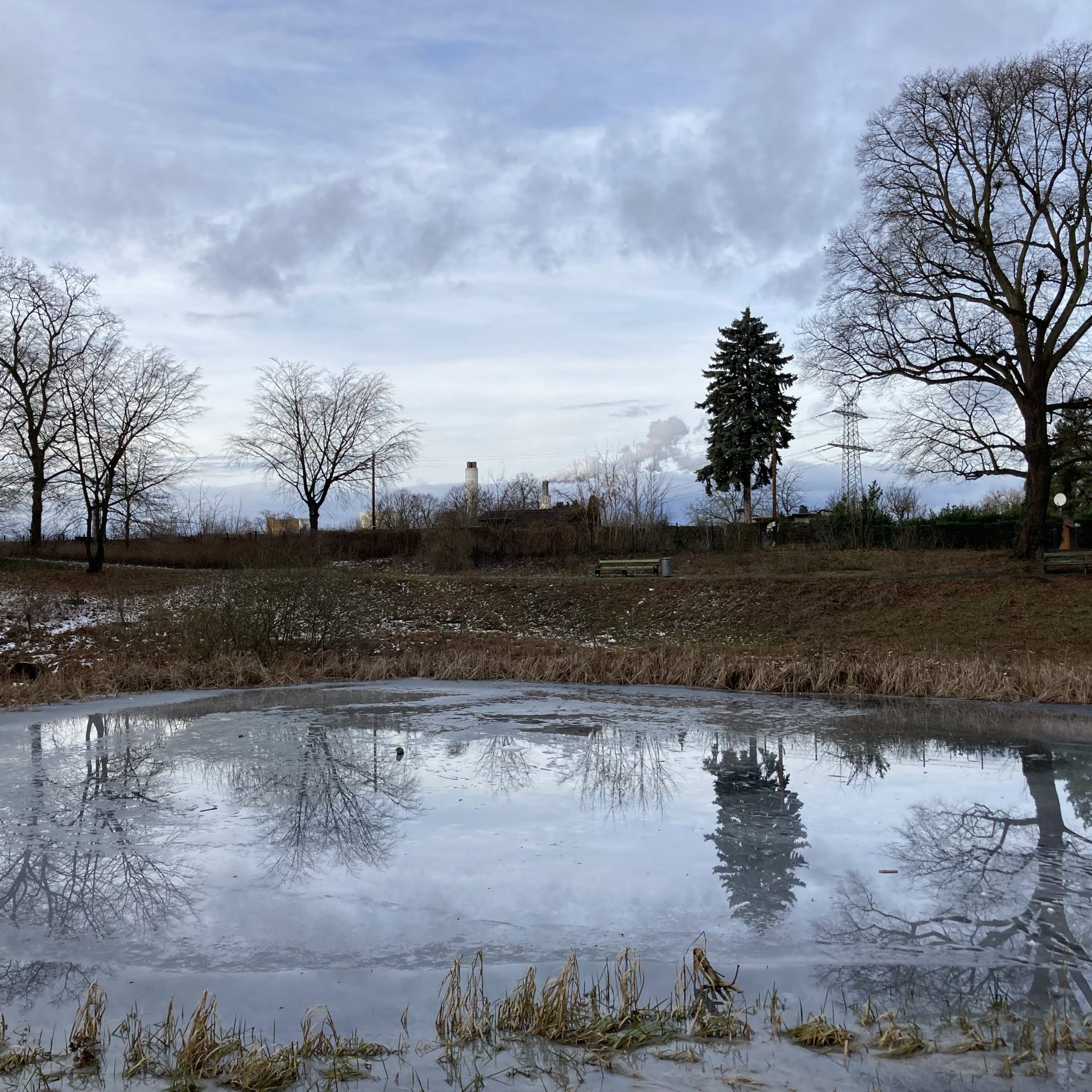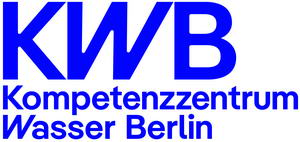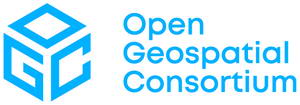All Data 4 Green Deal
Research for a FAIR and integrated Green Deal Data Space
Data Space
The Green Deal Data Space (GDDS) is one of the common European data spaces envisioned by the European Commission to integrate enormous amounts of cross-sectorial data in support of the priority actions of the European Green Deal in terms of biodiversity, zero pollution, circular economy, climate change, forestal services, smart mobility and environmental compliance.

AD4GD’s mission is to co-create and shape the European Green Deal Data Space as an open hub for FAIR data and standards-based services that support the key priorities of pollution, biodiversity and climate change
Solutions alligned with the European Green Deal

Biodiversity
Habitat connectivity affects the distribution of species within ecosystems. It is a key biodiversity indicator and, therefore, a cornerstone in European restoration policies. This pilot monitors historical connectivity indices in Catalonia using data coming from remote sensing maps, species occurrence observations and sensor data to enhance regional and local actions.

Air Quality
Poor urban air quality is causing serious health issues across Europe. This pilot employs low-cost IoT sensors to enhance the accuracy of local air pollution forecasting while involving citizen communities. The results can support informed health decisions and also help to establish replicable models for urban air quality enhancement.

Water
Berlin’s small lakes are ecological hotspots at risk due to various climate and urban stressors. These lakes also suffer from a lack of information on their condition. This pilot develops indicators of water quality and availability by integrating IoT sensor data with satellite and citizen science data to improve decision-making at a local level.
Our project consortium












Stay tuned with us!
We share all our news & events in our newsletter
